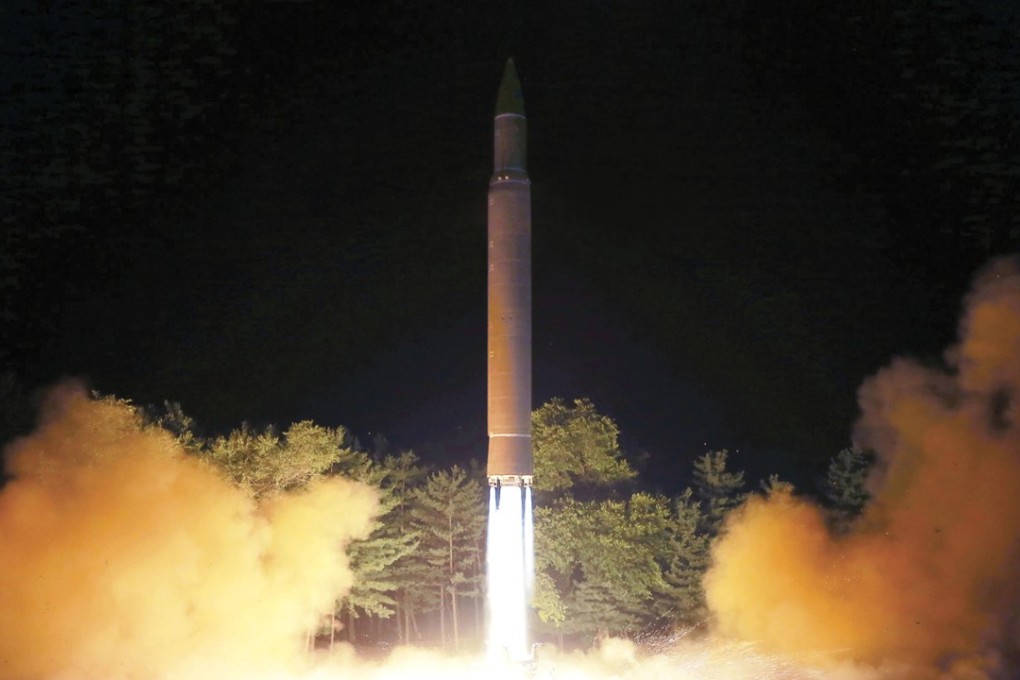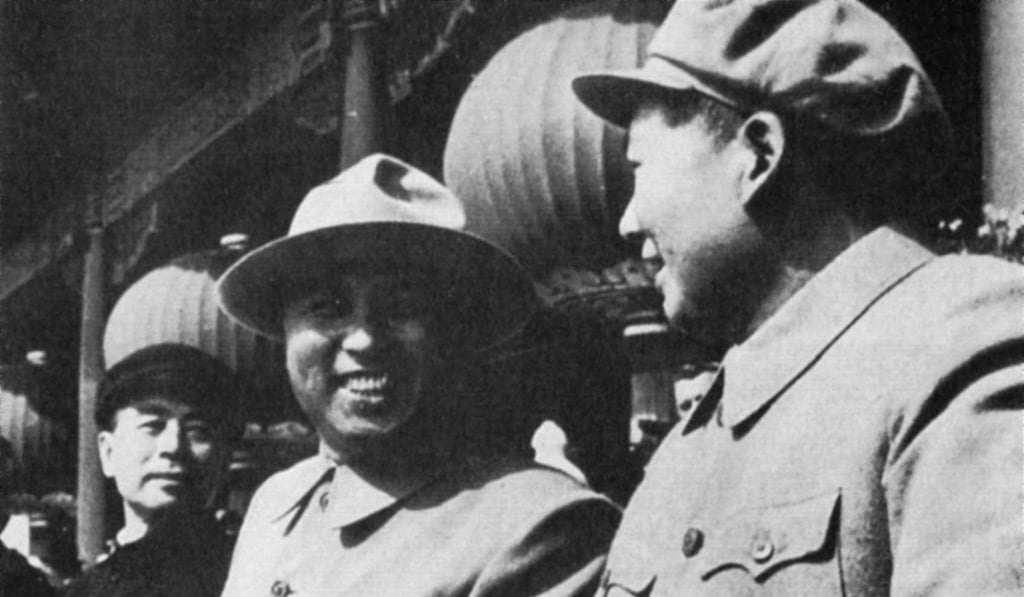China’s dilemma: how much pressure can it exert on its historical ally, North Korea?
Mao Zedong once called China and North Korea ‘as close as lips and teeth’, but Pyongyang’s aggressive tests of ICBMs have Beijing in a quandary

China hit back this week against fresh North Korea-related sanctions by the United States, which targeted six Chinese firms and one individual for supporting Pyongyang’s weapons programme.
It called on Washington to “immediately correct its mistake” of enacting these sanctions, opening Beijing to renewed criticism that it has been reluctant to exert greater pressure on its authoritarian neighbour.
China has increasingly had to contend with its complicated relationship with the reclusive regime amid the growing international chorus for sanctions against North Korea.
The two nations are historical allies, with Mao Zedong famously likening their brotherly ties to being “as close as lips and teeth”. But the ratcheting up of North Korean aggression – including its two recent tests of intercontinental ballistic missiles (ICBMs) and Saturday’s launch of short-range missiles – poses a serious dilemma for China.

What is the relationship between China and North Korea?